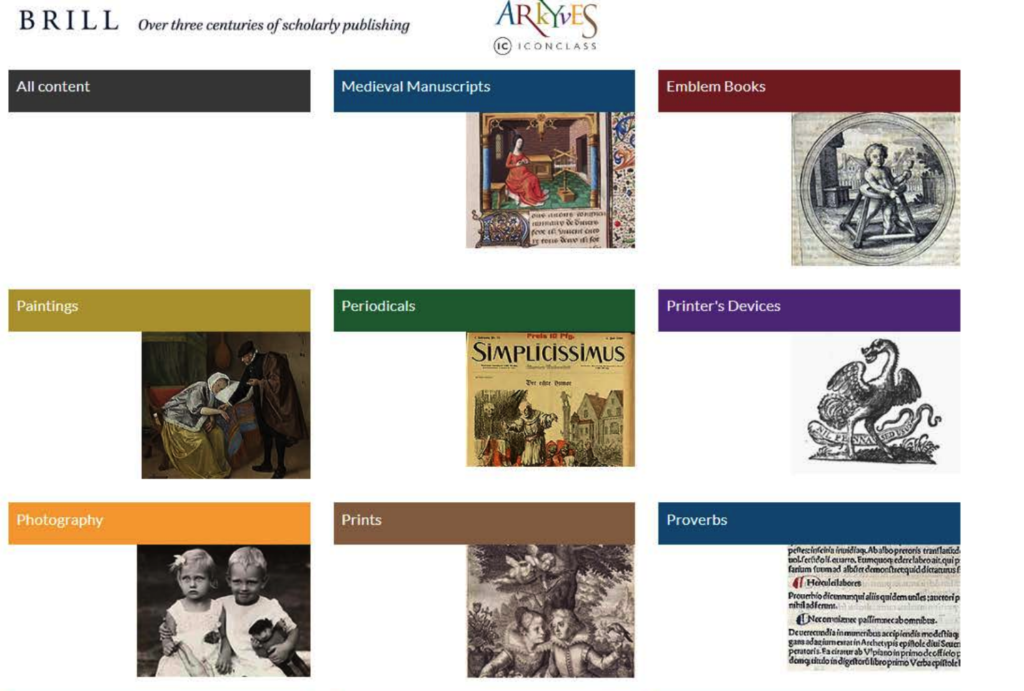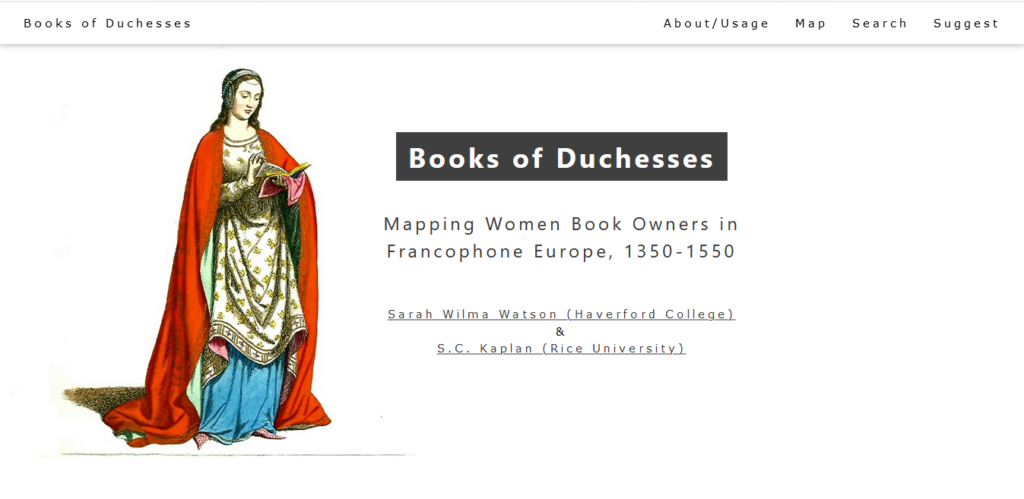http://www.uco.es/humcor/
Hvmanistica Cordvbensia is coordinated by Julián Solana Pujalte, Área de Filología Latina de la Universidad de Córdoba. It includes the following: Bibliotheca Erasmiana Hispanica: Erasmo en las bibliotecas españolas actuales e históricas. Genesivs: Estudios sobre la obra de Juan Ginés de Sepúlveda (1490–1573) y el humanismo renacentista. Cvm Privilegio: Libros, bibliotecas y lecturas en Córdoba en la Edad Moderna.
An Incipitarium of Funeral Orations and a Smattering of Other Panegyrical Literature from the Italian Renaissance (ca. 1350–1550).
The database, in PDF form, contains manuscript and printed copies of funeral orations and a few other orations. It is arranged alphabetically by incipit.




